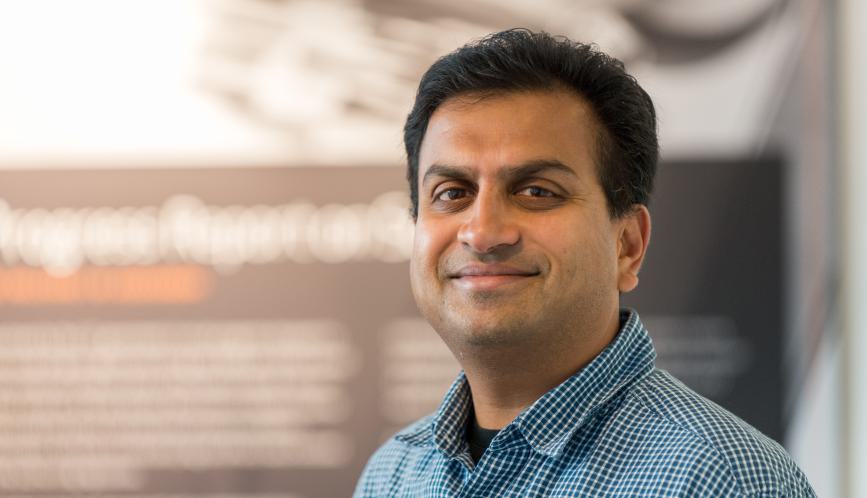MIP network member Bhashkar Mazumder is a Senior Economist and Research Advisor at the Federal Reserve Bank of Chicago, and Director of the Chicago Census Research Data Center. His research focuses on intergenerational economic mobility, the long-term effects of poor health early in life, and black-white gaps in human capital development. In addition to his research activities, Mazumder also oversees the operations of a research center enabling access to census microdata on behalf of a consortium of institutions including the Federal Reserve Bank of Chicago, Northwestern University, the University of Chicago and the University of Illinois system. In 2017, he served as a faculty member at HCEO’s Summer School on Socioeconomic Inequality in Guangzhou.
Describe your area of study and how it relates to current policy discussions surrounding inequality.
I've done a lot of research over the years on intergenerational mobility. One key finding is that mobility is much lower in the US than had been previously thought and is lower than in virtually all other advanced economies. I've also demonstrated that mobility has fallen since 1980 which is precisely when inequality began to rise. This research has helped highlight for policymakers the fact that equality of opportunity is not as high as it probably should be in the U.S.and that rising inequality has likely led to a decline in mobility.
I've also documented that racial gaps in mobility are very large. Blacks are disadvantaged both by lower upward mobility from the bottom and higher downward mobility from the top. This suggests that African Americans do not have the same opportunities for success as whites. These mobility gaps appear to be due mainly to factors occurring early in the life cycle and suggests that policies are needed to help address these mobility gaps.
What areas in the study of inequality are most in need of new research?
One area where more research is needed is in understanding the intergenerational persistence in health status. We know very little about the extent to which poor health is transmitted across generations and how this varies across subgroups of the population, across regions and over time.
A second important area for research is understanding how the increasingly complex types of family arrangements in the US have affected inequality and mobility.
What advice do you have for emerging scholars in your field?
One piece of advice is that sometimes important breakthroughs arise when the right data source is applied to the right question. Some of my most enjoyable research projects have arisen from the eureka moment when you realize that a certain data set which you learned about in the past, and filed away in your mind, is the ideal source for addressing the research question at hand.



